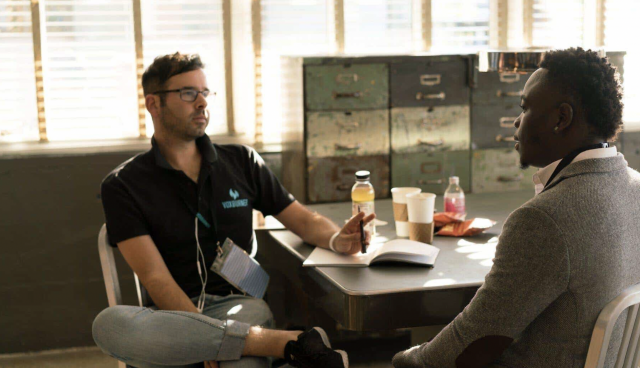Any sports kind is demanding and requires a particular set of skills and talents from athletes. The field of esports isn’t deprived of its own challenges and makes participants train a lot. Maybe, it is because the industry is relatively new or is commonly associated with just funny virtual activities, it is not taken seriously. And that becomes a problem since every sportsman may search for support and professional psychological aid one day.
Addressing the well-being of sportsmen and their optical performance is one of the psychology tasks. At least, that is what a definition by the American Psychological Association tells us. This goal is far from the only one for professional gamers and those who train via an esports appregularly.
Real Necessity vs. Following Trends
The so-called mass-market psychology increases suspiciousness among the target audience. Taking people’s love to make a self-diagnosis, fight against the abuse 24/7, be afraid of childhood’s triggers, participate in toxic relationships, the overwhelming spread of one and the same concept partly ruins the trust in this field and its obligatory presence in several fields.
As practice shows, the majority of leading and successful franchises have had psychologists in their squad for a long period of time already. Of course, they won’t pay salary just for anything — duties such a professional should fulfill are divergent. There are no expectations for teams playing League of Legends, Dota 2, World of Warcraft, and more. Enthusiasts can access the best CSGO bet adviceanytime, so there are no grounds to make esports athletes suffer from someone’s superstitions and misbeliefs.
The Power of Esports Psychology in Practice
Recognizing that psychological issues and challenges will occur in professional esports teams is half the battle. The second half is usually solved thanks to the work of psychologists and the own efforts of gamers. Along with in-person consultations, such duties take place:
- Behavioral and cognitive training — the success in gaming doesn’t depend on luck purely as in randomized gambling. Knowing what your role is and the right steps to achieve the final goal is crucial, so psychologists support players and help them realize their potential. Working with trust issues is important to maintain sound teamwork, while anger management allows staying confident and avoiding mistakes in the most stressful playing scenarios.
- Team building — an esports squad doesn’t include friends only. Even if that is the case, quarrels and misunderstandings will occur. So psychological interventions are based on improving the team’s atmosphere. The process may involve other parties too — family members, managers, and coaches.
- Setting the priorities — believe it or not, psychologists “function as reminders” for teams to keep their goals real. It is much better to narrow the final objective and achieve success slowly but reliably. Instead of dreaming about winning a huge winner pool and becoming famous, it is better to think about the steps to get into the next competitions’ round or exceed the previous number of kills in the match on the chosen map.
Wrap It Up
Esports on its own and esports psychology in particular play more significant roles not only in the performance of separate individuals but also in the public opinion formation as well. The more professional squads are established and more esports disciplines are invented, the more severe the competition will be and the need for psychological aid. The latter is a solid bridge on the gamers’ way to success — teamwork, mutual understanding, sound coaching are bricks that create their powerhouse.


